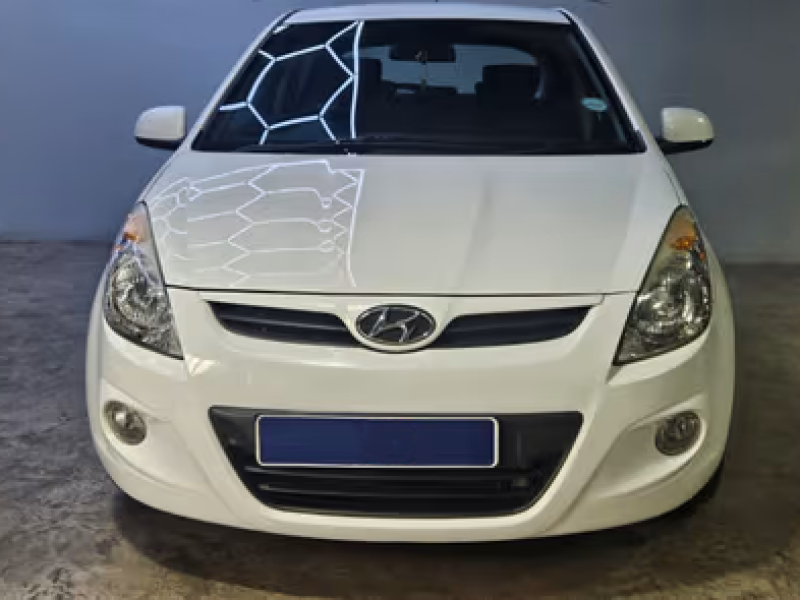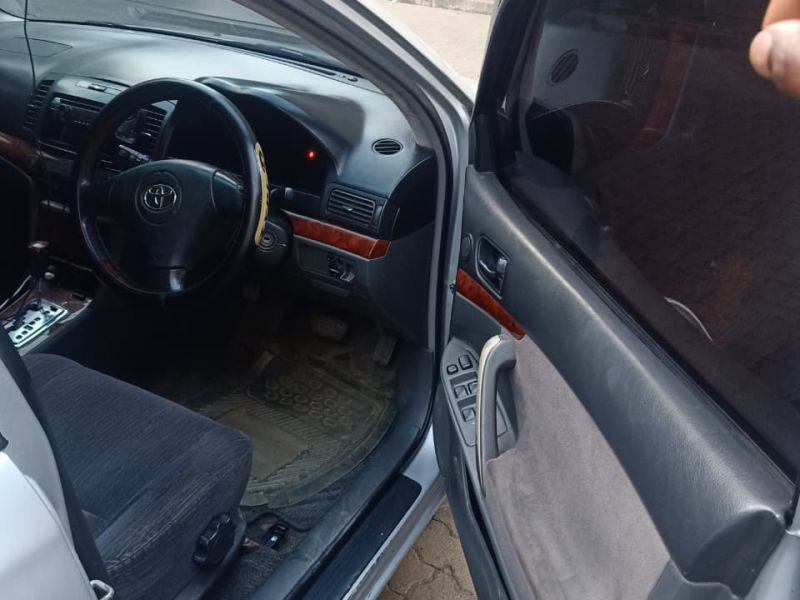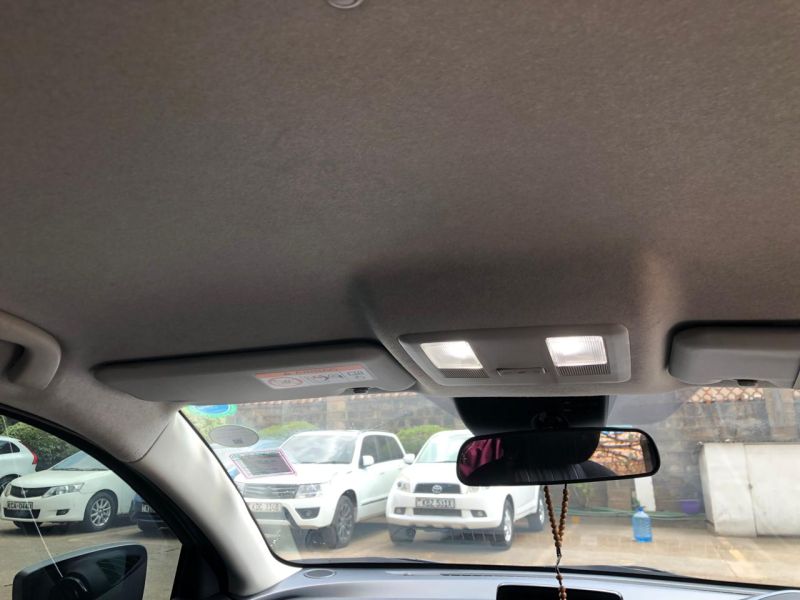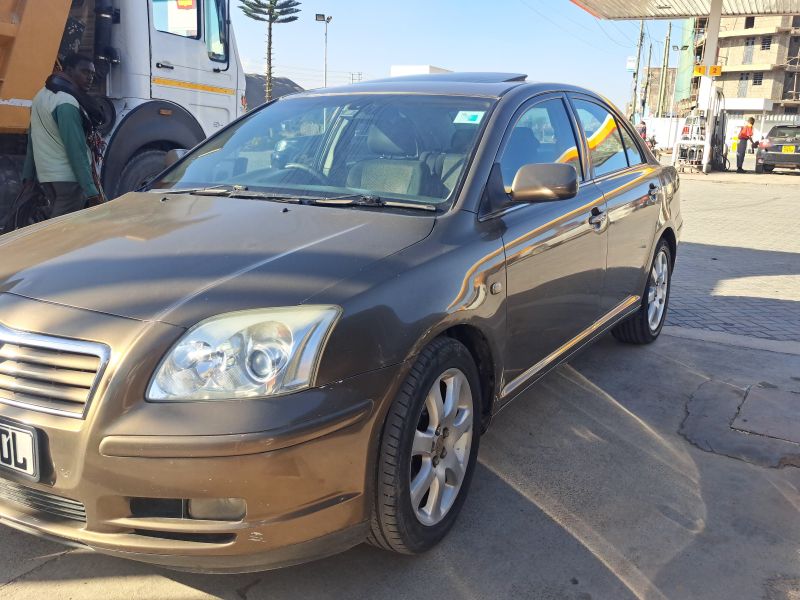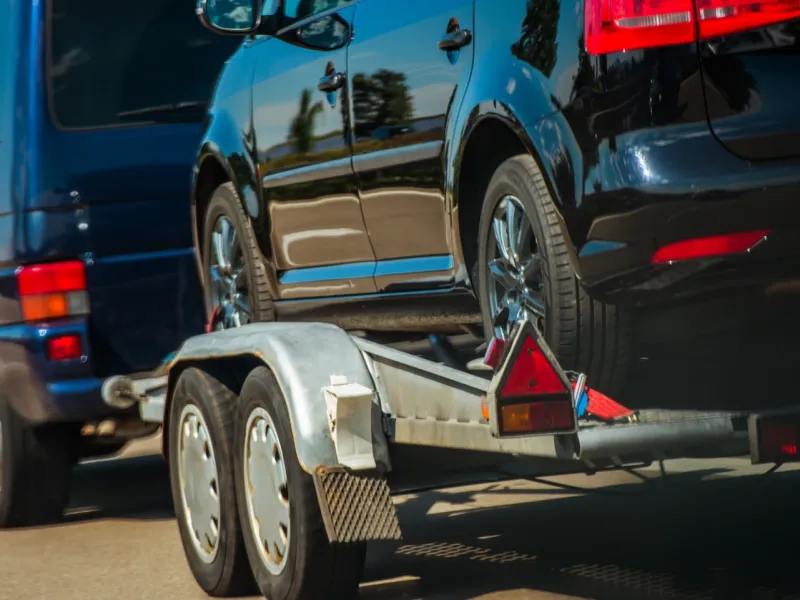
Why Cars Are So Expensive in Kenya: Understanding Import Duties, Taxes, and Market Forces
Buying a car in Kenya—new or used—feels like a financial marathon. A compact hatchback that costs KSh 500,000 in Japan ends up in Nairobi at nearly double the price. Many first-time buyers ask: Why are cars so expensive in Kenya?
The short answer is taxes, regulations and market realities. The long answer, which we’ll get into here, is how complex the issue is and how you can navigate it as a smart buyer.
The Tax Puzzle Behind Every Car in Kenya
Every imported car is taxed heavily before you even see it in a showroom or yard. Here are the KRA levies applied to every car.
1. Import Duty (Customs Duty)
- 25% of the car’s CIF value (Cost + Insurance + Freight).
- For a car worth KSh 1,000,000 CIF, import duty is KSh 250,000.
2. Excise Duty
- Based on engine size: 20% for ≤1500cc, 25-30% for larger engines.
- For example, a 1.5L sedan is 20% excise, while a 2.5L SUV can be up to 30%.
3. VAT (Value Added Tax)
- 16% on the CIF, import duty and excise duty combined.
- You’re taxed on top of taxes.
4. Import Declaration Fee (IDF)
- 3.5% of CIF (recently revised from 1.5%).
5. Railway Development Levy (RDL)
- 2.5% of CIF to support the Standard Gauge Railway.
Case Example:
For a 2017 Toyota Axio (CIF KSh 1,000,000):
- Import Duty: KSh 250,000
- Excise Duty (20%): KSh 250,000
- RDL: KSh 25,000
- IDF: KSh 35,000
- VAT (16% of subtotal): ~KSh 249,600Total taxes = ~KSh 810,000
By the time it reaches the yard, port handling, clearing fees and dealer margins push it to KSh 2 million.
The “8-Year Rule” and Why It Matters
Kenya’s 8-year import rule prohibits vehicles older than 8 years from being brought into the country. While the policy is meant to keep roadworthy, safer cars on Kenyan roads, it also reduces supply.
- In Japan, a 10-year-old Toyota Corolla costs as low as KSh 300,000.
- In Kenya, you can’t import that car at all. Instead, you’re forced to buy a newer model—raising the base CIF price which then gets multiplied by taxes.
The result? Kenyan buyers pay more for “younger” used cars while cheaper older cars are off-limits.
Market Demand Also Drives Up Prices
Taxes aren’t the only factor. Kenya’s car market is driven by strong consumer demand.
- Small hatchbacks like the Toyota Vitz, Honda Fit and Nissan Note are popular for affordability and fuel economy. Their demand inflates prices locally by 20-30% compared to overseas.
- SUVs and 4x4s like the Toyota Prado and Nissan X-Trail are prized for rough terrain and family use. Even with high excise duty, Kenyans are willing to pay the premium.
Case study:
A 2015 Toyota Vitz sells in Japan for KSh 500,000. By the time it lands in Nairobi, factoring in taxes, dealer costs and demand, it sells for KSh 800,000–900,000.
How Policy and Regulation Affects Prices
Taxes are also policy tools.
- Environmental Regulations: Cars with high carbon emissions attract higher taxes. Hybrid cars like Toyota Prius or Honda Insight may have lower costs because of lower emissions.
- Safety Standards: KEBS requires pre-export inspection to ensure cars meet Kenyan safety and roadworthiness standards, which adds to the upfront costs.
- Revenue Generation: Car imports are one of the biggest revenue streams for government, so taxes won’t be reducing anytime soon.
Alternatives That Can Save You Money
You can’t escape duties entirely but there are ways to cut costs.
1. Buy Locally Assembled Vehicles
Kenya has assembly plants for brands like Toyota, Isuzu and Peugeot. Locally assembled units are spared some import taxes, so they are cheaper.
Example: A locally assembled Toyota Hilux may cost 10–15% less than the fully imported one.
2. Choose Smaller Engine Capacities
Choosing 1000cc–1500cc engines saves big time on excise duty. Smaller engines also mean better fuel economy.
3. Direct Importation vs Yard Purchase
Some buyers prefer direct importation where you manage the process and pay exact taxes. Yards add margins for stocking, reconditioning and financing but may also offer convenience and warranties.
4. Consider Hybrid and Electric Cars
As global EV adoption increases, Kenya is exploring incentives for low emission cars. Though still expensive, hybrids may have lower taxes in the near future.
Why Prices Won’t Go Down Soon
The hard truth is that high car prices in Kenya are here to stay. Taxes fund infrastructure projects and protect local assembly plants. Demand for personal transport is rising with Kenya’s growing middle class.
But being informed helps. Knowing where your money goes empowers you to:
- Compare dealers and import agents fairly.
- Budget beyond the sticker price.
- Choose cars with lower tax burden.
Knowledge Is Your Best Bargaining Tool
Kenya’s car market is peculiar—tax policy, import rules and consumer demand. Cars will be expensive but informed buyers can still find value.
So whether it’s a KSh 700,000 Vitz or a KSh 4 million Prado, remember: taxes tell half the story, smart buying tells the rest.
